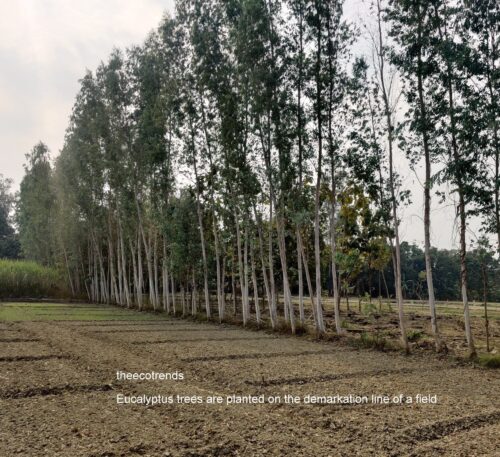A farmer is one whose entire life depends on farming as basic source of income. He has to work hard from morning till evening to produce his meal.
In India agriculture depends on whether and its conditions. He has to apply chemical fertilizers and manures on his crops that demand heavy prices. Irrigation of crops too has become a cost-effective work. Besides these he has to protect his crops from pests and diseases.
Buying pesticides and agricultural implements too are much cost effective. Most of these expenses are met by a farmer mostly on loans either from a bank or from a money lender.
Sometimes it so happens that serious and abrupt changes in weather condition ruin the entire crop. Thus, the hard work of the whole season goes in vain. What about the debt which he has to pay? On the other hand, market prices of his agriculture production often remain too less to support the economy of the farmer. These are the conditions under which a number of farmers in different states of India have been reported committed suicides.
Various reasons have been offered to explain why farmers commit suicide in India, including: drought, debt, use of genetically modified seed, public health and government economic policies. There is no consensus on what the main causes might be but studies show suicide victims are motivated by more than one cause, on average three or more causes for committing suicide.
A study conducted in 2014 found that there are three specific characteristics associated with high-risk farmers: “those that grow cash crops such as coffee and cotton; those with ‘marginal’ farms of less than one hectare; and those with debts of 300 Rupees or more.” The study also found that the Indian states in which these three characteristics are most common had the highest suicide rates and also accounted for “almost 75% of the variability in state-level suicides.”
Farmers are getting different types of help through Central and state governments from time to time. The government of India appointed a number of inquiries to look into the causes of farmers’ suicide and farm related distress in general.
Krishak Ayog (National Farmer Commission) visited all suicide prone farming regions of India in 2006 and published three reports with its recommendations. Subsequently the Prime Minister visited Vidarbha in 2006 and promised a package of 110 billion (about $2.4 billion). The families of farmers who had committed suicide were also offered an ex-gratia grant of 100,000 (about $2,000) by the government.
In 2006, the Government of India identified 31 districts in the four states of Andhra Pradesh, Maharashtra, Karnataka, and Kerala with high relative incidence of farmers’ suicides.
A special rehabilitation package was launched to mitigate the distress of these farmers. The package provided debt relief to farmers, improved supply of institutional credit, improved irrigation facilities, and employed experts and social service personnel to provide farming support services.
The government also introduced subsidiary income opportunities through horticulture, livestock, dairying and fisheries. The Government of India also announced ex-gratia cash assistance from Prime Ministers National Relief Fund to the farmers.
The Government of India also implemented the Agricultural debt Waiver and Debt Relief Scheme, 2008 to benefit over 36 million farmers at a cost of 653 billion. This spending was aimed at writing of part of loan principal as well as the interest owed by the farmers.
Direct agricultural loan by stressed farmers under so-called Kisan Credit Cards were also be covered under this Scheme. The Kisan Credit Card is a credit card to provide affordable credit for farmers in India. It was started by the Government of India, Reserve Bank of India (RBI), and National Bank for Agriculture and Rural Development (NABARD) in 1998-99 to help farmers access timely and adequate credit.
Besides these many different states introduced various schemes to help farmers and to check suicides. Some of the state sponsored schemes are- Maharashtra Bill to Regulate Farmers’ Loan Terms, 2008; Maharashtra Relief Package -2010, Kerala Farmers’ Debt Relief Commission (Amendment) Bill, 2012 etc.




